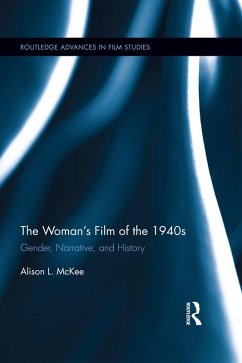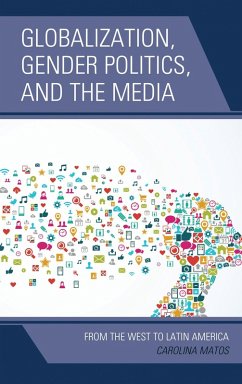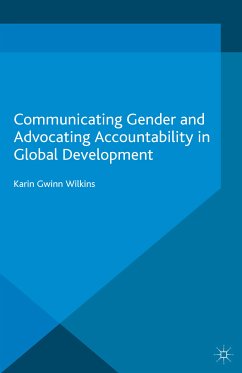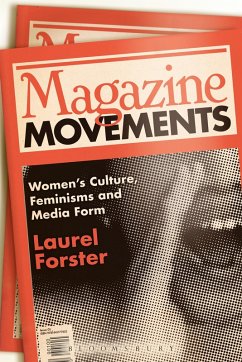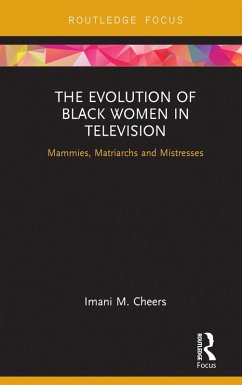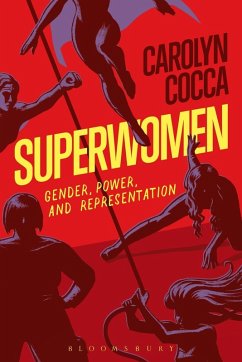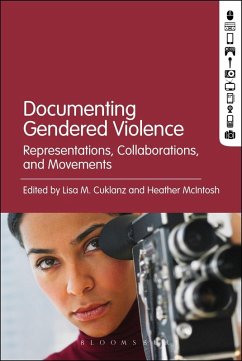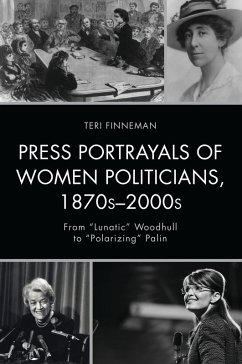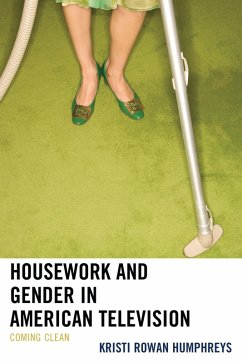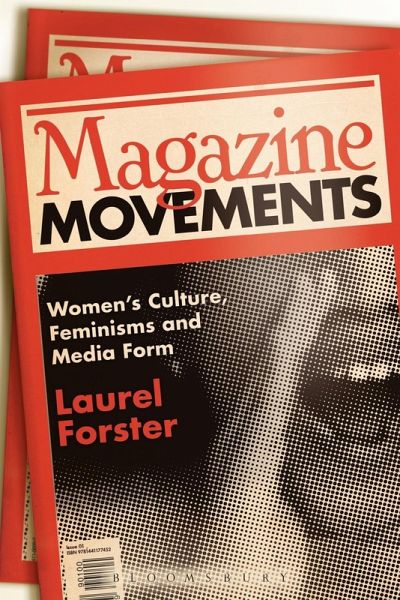
Magazine Movements (eBook, PDF)
Women's Culture, Feminisms and Media Form
Versandkostenfrei!
Sofort per Download lieferbar
30,95 €
inkl. MwSt.
Weitere Ausgaben:

PAYBACK Punkte
15 °P sammeln!
All women's magazines are not the same: content, outlook, and format combine to shape publications quite distinctively. While magazines in general have long been understood as a significant force in women's lives, many critiques have limited themselves to discussions of mainstream printed publications that engage with narrowly stereotypical representations of femininity. Looking at a range of women's magazines (Cooperative Correspondence Club and Housewife) and magazine programmes (Woman's Hour and Houseparty), Magazine Movements not only extends our definition of a magazine, but most importan...
All women's magazines are not the same: content, outlook, and format combine to shape publications quite distinctively. While magazines in general have long been understood as a significant force in women's lives, many critiques have limited themselves to discussions of mainstream printed publications that engage with narrowly stereotypical representations of femininity. Looking at a range of women's magazines (Cooperative Correspondence Club and Housewife) and magazine programmes (Woman's Hour and Houseparty), Magazine Movements not only extends our definition of a magazine, but most importantly, unearths the connections between women's cultures, specific magazines and the implied reader.
The author first outlines the existing field of magazine studies, and analyzes the methodologies employed in accessing and assessing the cultural competence of magazines. Each chapter then provides a case study of a different kind of magazine: different in media form or style of presentation or audience connection, or all three. Forster not only extends our definition of a magazine, but most importantly, unearths the connections between women's cultures, specific magazines and the implied reader. In this way, fresh insights are provided into the long-standing importance of the magazine to the variety of feminisms on offer in Britain, from the mid twentieth century to the present day.
The author first outlines the existing field of magazine studies, and analyzes the methodologies employed in accessing and assessing the cultural competence of magazines. Each chapter then provides a case study of a different kind of magazine: different in media form or style of presentation or audience connection, or all three. Forster not only extends our definition of a magazine, but most importantly, unearths the connections between women's cultures, specific magazines and the implied reader. In this way, fresh insights are provided into the long-standing importance of the magazine to the variety of feminisms on offer in Britain, from the mid twentieth century to the present day.




